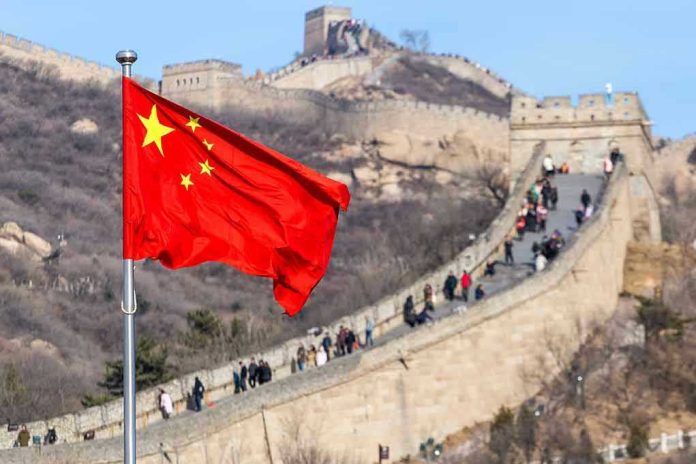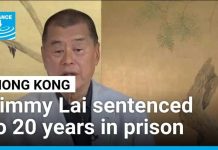
What happens when a city known for its freedom suddenly becomes a fortress of silence?
At a Glance
- Hong Kong’s National Security Law (NSL) and Article 23 are reshaping its legal and social landscape.
- Beijing’s influence over Hong Kong has intensified, sidelining pro-democracy voices.
- The international community is alarmed by the erosion of freedoms in Hong Kong.
- Economic uncertainty looms as businesses reassess their presence in the city.
The Shift in Hong Kong’s Autonomy
Once a beacon of freedom in Asia, Hong Kong’s autonomy began fraying with the 2019 protests. The proposed extradition bill sparked fears of losing judicial independence. Beijing responded swiftly, bypassing local governance to impose the National Security Law on June 30, 2020. This law criminalizes acts like secession and collusion with foreign forces, with penalties reaching life imprisonment. The swift enactment left many wondering whether the city’s vibrant past was fading into a controlled future.
In March 2024, the plot thickened with the passage of Article 23, which expanded security offenses and narrowed the space for foreign political activities. Critics argue these laws are a guise for Beijing to tighten its grip, effectively silencing dissent and reshaping the “one country, two systems” framework into a more centralized model. The political chessboard has shifted, and the stakes are higher than ever.
Power Players and Their Motivations
Beijing, the architect of these laws, aims to thwart separatism and maintain sovereignty. The Hong Kong government, tasked with enforcing these laws, finds itself at a crossroads, torn between local autonomy and central directives. Pro-democracy activists, once the heartbeat of the city’s vibrancy, now face arrests, exile, or worse. The international community, from foreign governments to NGOs, watches with bated breath as Hong Kong’s freedoms erode.
The power dynamics are stark. Beijing’s control is palpable, with Hong Kong’s government acting under significant pressure. Pro-democracy groups, once influential, now operate in shadows, their leaders detained or in exile. The city’s Chief Executive, the head of the local security committee, plays a pivotal role in implementing Beijing’s vision, often at odds with the city’s traditional values.
Recent Developments and Their Impact
The legal landscape in Hong Kong now brims with broadly defined offenses and severe penalties. The first conviction under Article 23, involving a man sentenced for wearing a protest slogan T-shirt, marks a chilling precedent. International bodies decry these developments as repressive and a breach of international agreements. Yet, for Beijing and its local allies, these laws are deemed necessary for stability and sovereignty.
The implications are profound. In the short term, dissent is being silenced, activists arrested, and media self-censorship is rampant. Long-term effects include a potential exodus of professionals, eroding Hong Kong’s status as an economic powerhouse. The social fabric is fraying, with fear and polarization replacing once-thriving civic engagement. As businesses reconsider their operations, the city’s economic prospects hang in the balance.
The Road Ahead: Questions and Predictions
The uncertainty looms large. How will these laws be enforced over the next decade? What is the future of Hong Kong’s civil society and international business environment? Will there be legal or political pushback, locally or globally, against these developments? These questions remain unanswered, fueling debates across boardrooms and dinner tables alike.
Experts and analysts offer varied perspectives. Some argue the laws are crucial for economic stability, while others see a breach of international commitments. The consensus is clear: Hong Kong’s future is uncertain, and the world is watching. As the city grapples with its identity, it serves as a litmus test for the balance between security and freedom in an increasingly complex global landscape.



